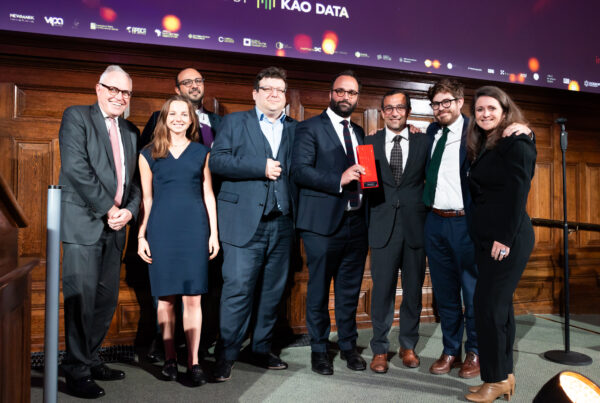THE ALCATEL LUCENT EXPERIENCE
The two guests of the meeting of October 13 have in common to have tackled the question of the transformation of organizations in great difficulty. On the one hand, Michel Combes, who took charge of Alcatel Lucent in April 2013, to get out of the doldrums of a multinational company that has been in deficit for several years. On the other hand, Robin Rivaton, economist, founder of the Fondapol think-tank has just published a book in which he tries to identify levers for a possible recovery in France, which is struggling to emerge from the spiral of economic gloom and over-indebtedness. They were invited to answer the question: “Transformation: how to be ready?”
FEEDBACK ON THIS CONFERENCE
Michel Combes distinguishes four key elements of his Alcatel-Lucent transformation approach:
- Establishing a factual diagnosis of the company’s situation, understood and shared by all company employees.
- Adherence to the transformation project and the mobilization of senior executives. Michel Combes has organized seminars bringing together the top 200 Alcatel-Lucent to mobilize them around common values and objectives.
- Awareness of the urgency of the recovery to avoid the bankruptcy of the company.
- The exemplary nature necessary to sustain the mobilization of employees. It is therefore fundamental that the business manager is on the ground and embodies the company, even in difficult times.

These four elements are fundamental so that all the stakeholders share the same diagnosis and integrate the fact that a certain number of changes are necessary. According to Michel Combes, one of the keys to the success of the restructuring of Alcatel has also been the cooperation of employees and unions aware of the need to close certain sites. Robin Rivaton noted that this state of mind was also present among a large number of French people: contrary to popular belief, they are in fact in favor of the structural reforms which are essential and are ready to adapt to economic changes.

However, a transformation can only be successful if the goals of the organization are aligned with those of the leaders. Michel Combes thus reorganized his staff and redefined the incentive policy to ensure the full involvement of top management in the implementation of the Alcatel-Lucent transformation plan. Robin Rivaton believes that politicians are responsible for not having transposed the cultural change of the French to infrastructure. They are reluctant to reform in depth for fear of not being re-elected. According to him, the gap between the lack of political courage of elected officials and the appetite of the French for the overhaul of their institutions is creating a crumbling of democracy, the most visible symptom of which is the high rate of abstention from elections.

The guests also raised the difficulty that our elected officials encounter in implementing regulatory mechanisms that promote innovation and prevent the constitution of oligopolies. The two guests agreed, however, that innovation is the key to recovery. For Robin Rivaton, this is more open, spreads more quickly and will be more the result of start-ups than large groups. Michel Combes still believes in the innovation capacity of large companies on condition that they dare to invest in start-ups and know how to integrate them without destroying their DNA. He added that in terms of innovation, France should be inspired by the ability of the United States to identify the portions of value chains with high added value and to innovate accordingly,citing in particular online travel agencies and VTC companies.
We will retain from the interventions of our two guests their many tips for a successful transformation as well as their communicative optimism about the future of France.




